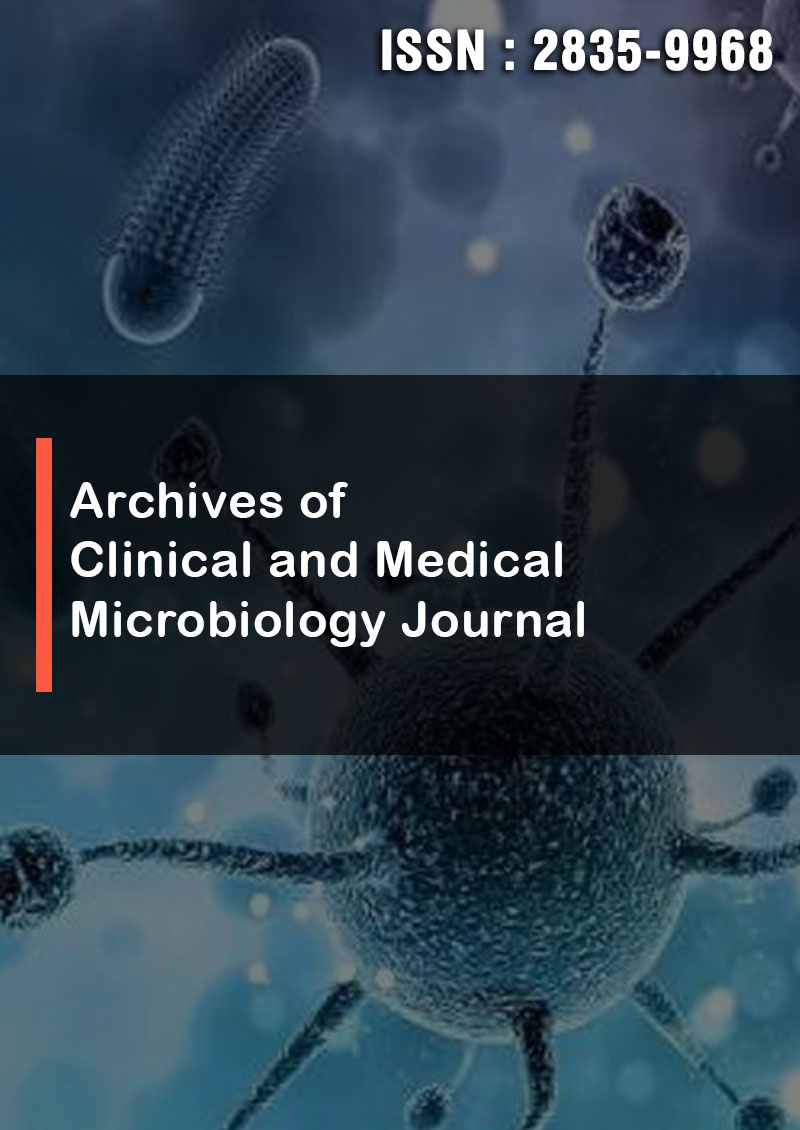Reliability of Pre-Test and Post-Test Measures in Assessing the Impact of Food Safety Training for Hygiene and Sanitation Officers and Environmental Protection Specialist Across All Districts in Rwanda
Abstract
Frederic Ntirenganya, Axel Pax Karamage, Kapiteni Alexis, Aphrodis Hagabimana and Helene Balisanga
Background: Food and waterborne diseases, caused by microorganisms or chemicals in contaminated food or water, are a significant global health concern. In Rwanda, diarrheal diseases, exacerbated by unsafe food and water consumption, rank 7th among the top 10 causes of morbidity and mortality, particularly affecting children under 5 years old. From 2016-2021, food and waterborne diseases accounted for 83% of reported outbreaks. This study evaluates the reliability of pre-test and post- test measures in assessing the impact of food safety training on hygiene and sanitation officers and environmental protection specialists across all districts in Rwanda.
Methods: A retrospective quantitative research design was used to gather data from 30 hygiene and sanitation officers and environmental protection specialists across all 30 districts and the city of Kigali during training sessions. A set of 16 questions was administered electronically as a pre-test before the workshop, followed by the same questionnaire as a post-test after a five-day training program on food safety. Data were exported to Excel and analyzed using R packages. Normality of the data was checked using Quantile-Quantile plots and the Kolmogorov-Smirnov test. A paired t-test was conducted to evaluate the differences between pre-test and post-test scores.
Results: The average pre-test score was 76%, which increased to 92% in the post-test, showing a 16% improvement. Statistical analysis revealed a p-value of 0.9374, indicating no significant difference at the 5% significance level. However, the paired t-test showed a t-statistic of 5.9452 and a p-value of 0.000, indicating a statistically significant improvement in scores after the training.
Conclusion: The pre-test and post-test effectively measured participants' knowledge acquisition, fulfilling the workshop’s learning objectives. Participants preferred ongoing training sessions, either online or in person, to enhance their understanding. Overall, the workshop was highly rated for its content, organization, delivery, and practical utility.



